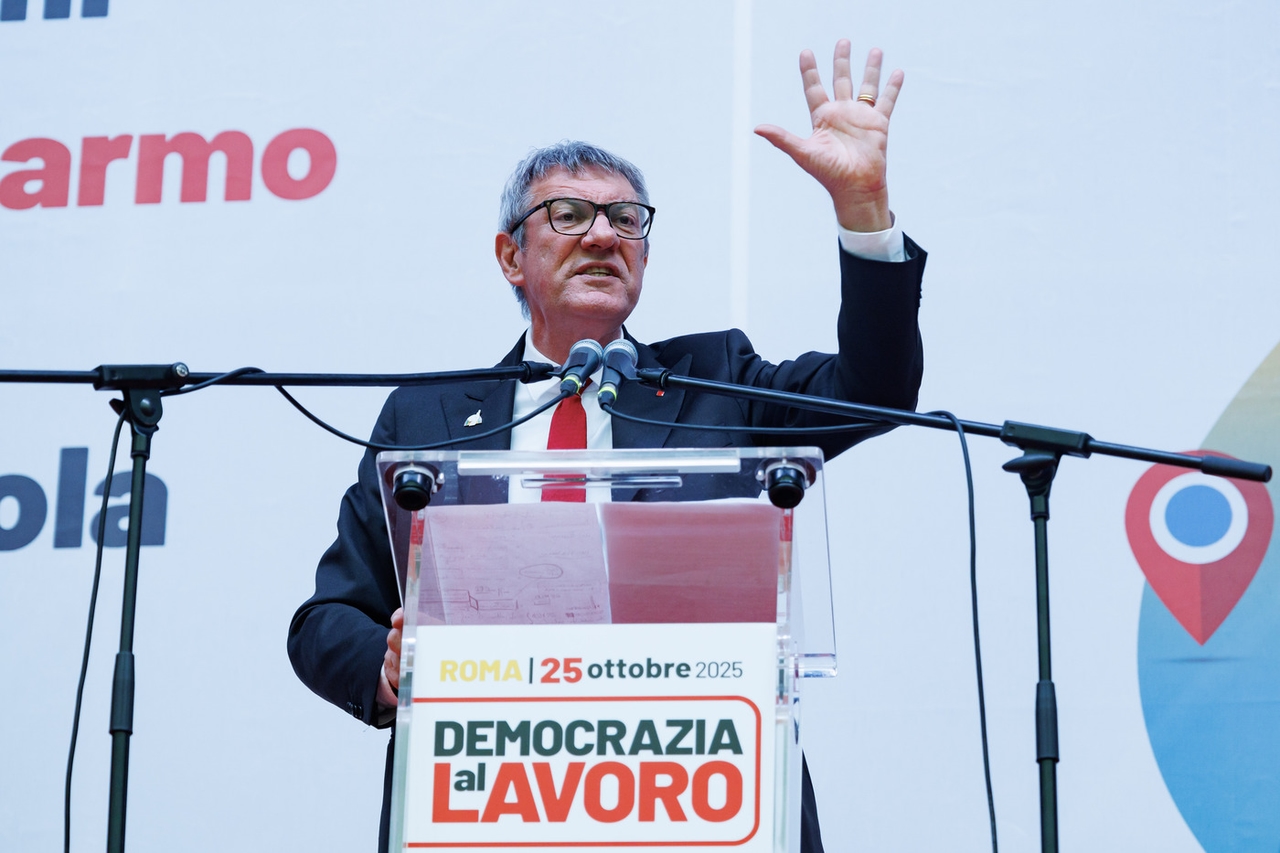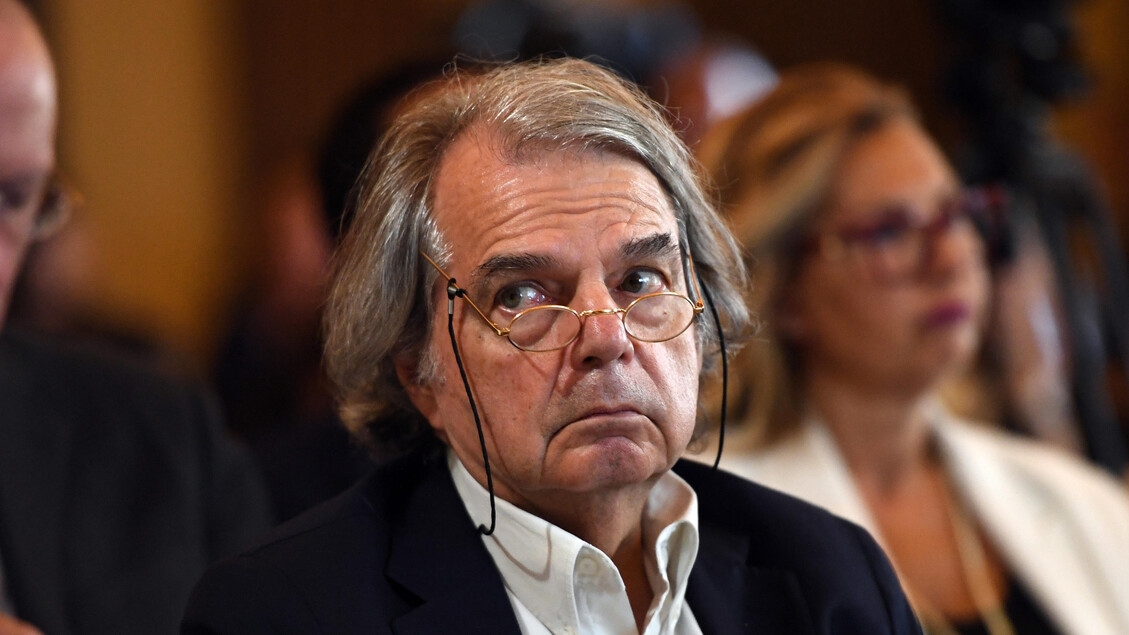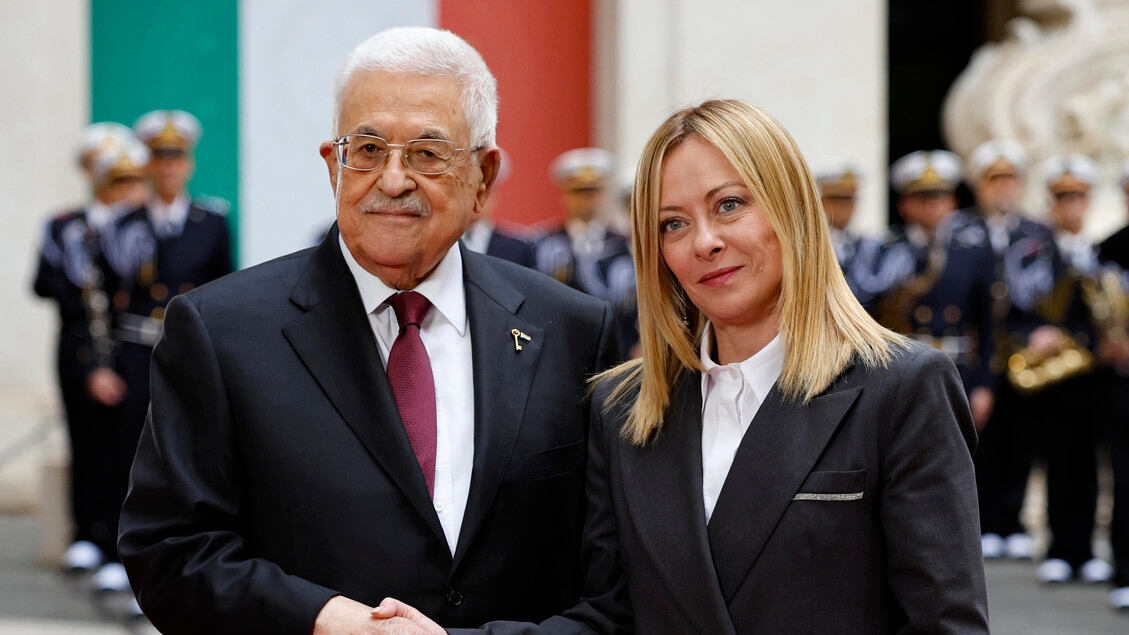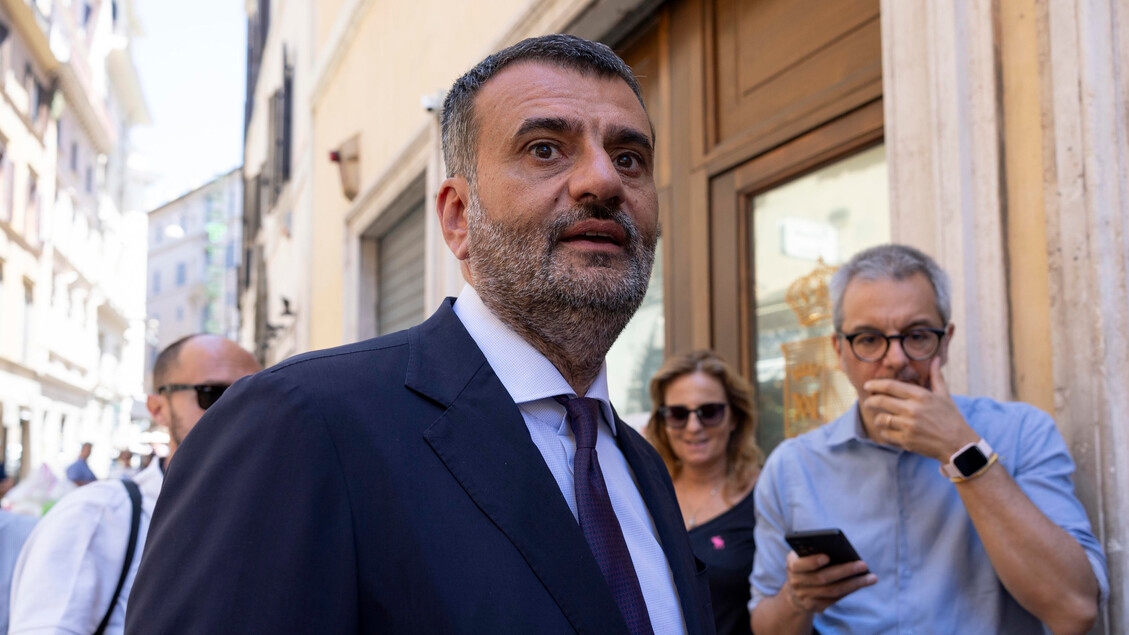Meloni meets with Abu Mazen and calls for Hamas's disarmament. Irritation against Landini and Brunetta.

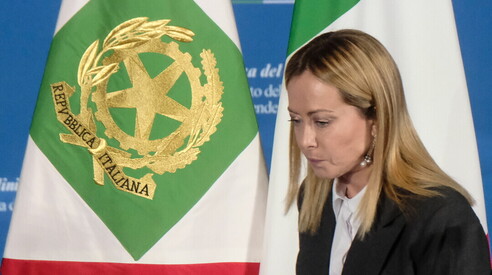
The story
The prime minister meets with the president of the Palestinian National Authority, who is once again urging her to recognize the state of Palestine. There is outrage over the strike called by the CGIL secretary and the former minister's salary (who withdraws the resolution).
Giorgia Meloni meets with Abu Mazen, a guest at the Parco dei Principi, at Palazzo Chigi. Shortly afterward, she discusses domestic politics. A brief but crucial interlude for the cosmopolitan prime minister—notoriously bored by parochial squabbles—in view of the regional elections. And so, immediately after lunch (unpalatable, perhaps, due to the controversy with Maurizio Landini and the strike on Friday, December 12th), they discuss two peoples and two states and plans for a pacified Gaza Strip. At dusk, however, they return to their foray with the other majority leaders in Bari on Monday the 10th and in Mestre on Tuesday the 18th.
Palestinian National Authority President Mahmoud Abbas, fresh from his meeting with the Pope and then with the head of state, crosses the threshold of the Prime Minister's office. At the entrance, the Italian flag, the European flag, and the Palestinian flag, are displayed. A handshake, two kisses, and then she takes his arm. The conversation then continues, lasting just over an hour, following the meeting at the Quirinale Palace, where the Palestinian president thanked his Italian counterpart for the humanitarian aid and where the latter reiterated their "great friendship" and commitment to the "creation of two states in the region." Following the meeting at the Quirinale, Meloni welcomes the PNA president. She reiterates the need for a ceasefire, the start of reconstruction in Gaza, the full implementation of the Trump plan—already praised by Mattarella—and the disarmament of Hamas. The president then highlights Italy's dedication to humanitarian assistance, the "Food for Gaza" program, medical evacuations, and the "university corridor."
According to the Palestinian news agency Wafa, President Abbas is once again demanding that Italy recognize the state of Palestine and protect the two-state solution, "systematically undermined by Israeli policies." Abbas speaks of "a peace based on international legitimacy and Arab initiative, which guarantees independence alongside Israel." Meloni's response, which hasn't yet resulted in recognition, focuses instead on the need to strengthen the Palestinian leadership. Meloni repeatedly reiterates the absolute exclusion of Hamas from the Palestinian people's future. The shared goal, with a view to achieving two states, confirms Italy's humanitarian aid package. And then there's support for reconstruction, to be presented at the Gaza Conference, which Egypt intends to convene. As evening falls, the prime minister returns to discussing trips to Italy. First, however, after Landini at noon, it's Brunetta's turn at midnight. The head of the National Council of National Employees (CNEL) who, according to rumors, angered the prime minister by raising his salary above the €240,000 ceiling for public employees. "An inappropriate decision," she said, and the anger was fleeting. But Meloni's reaction convinced Brunetta to withdraw the resolution.
Our thoughts then turn to the regional elections, where all the polls predict a 2-1 victory for Schlein. But in Campania, perhaps the hope still lies in "losing well" or—by the miracle of San Gennaro—winning by the skin of our teeth. So, Meloni, who will be in Puglia on Monday—Blue Monday, the least popular day in the streets—is evidence of a well-thought-out decision, so certain is defeat.
The strategy is to fight personally for Campania, for Edmondo's sacrifice, and for Sangiuliano, who is on the brink. And then to take on not only Roberto Fico but also De Luca. How? By listing the successes of three years of government. Keyword: Caivano.
More on these topics:
ilmanifesto

